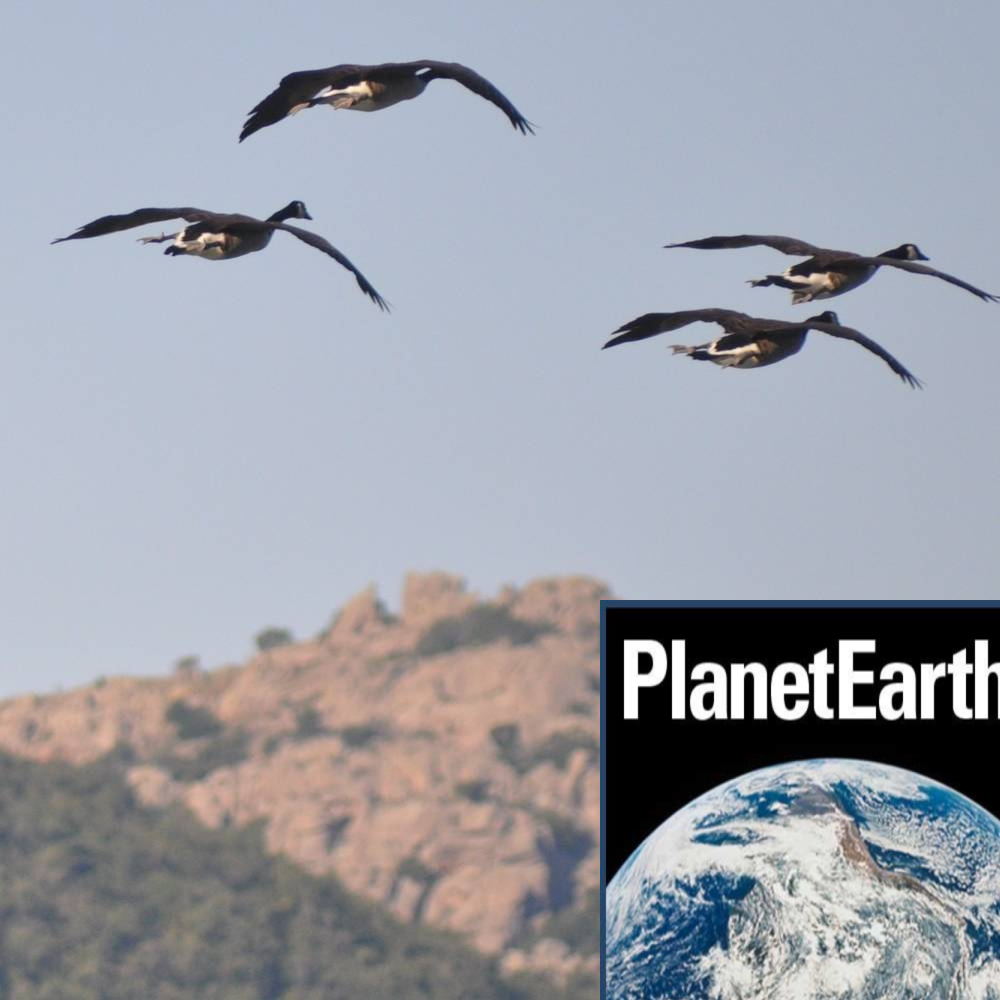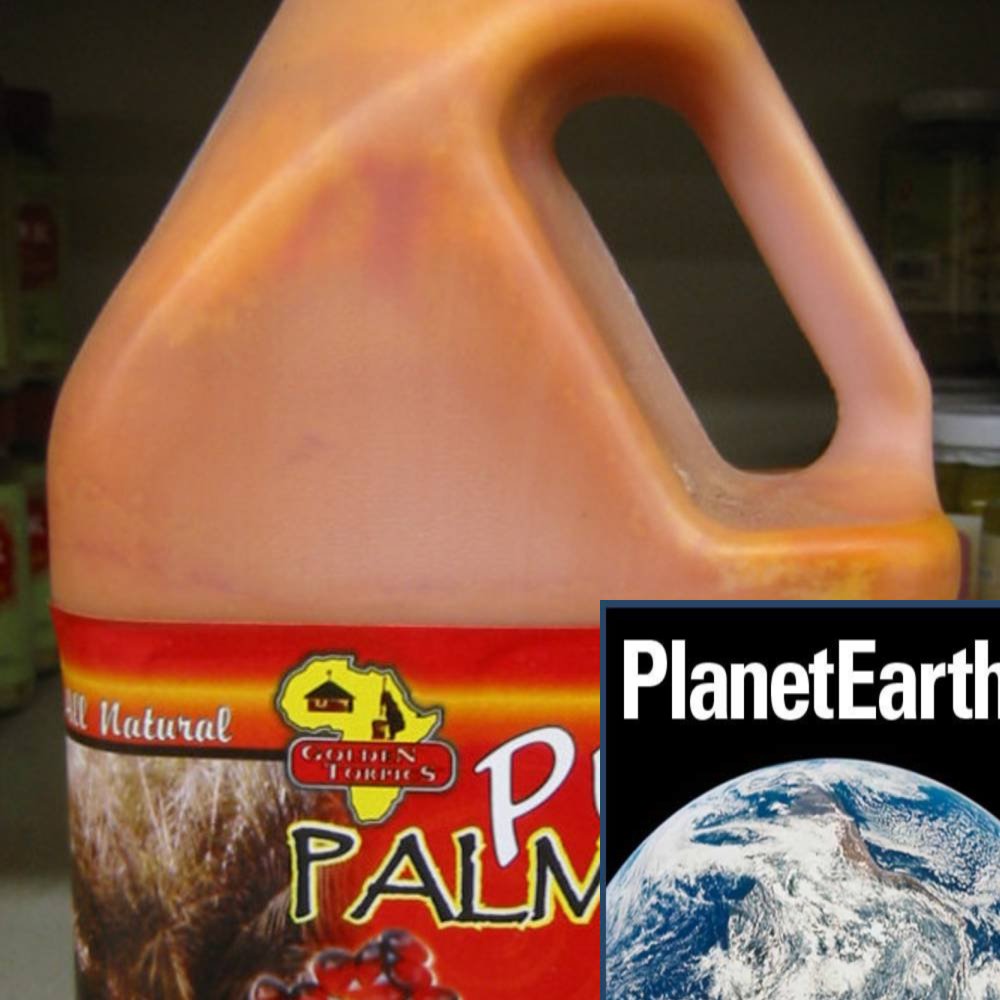
Naked Scientists, In Short Special Editions Podcast
Special scientific reports and investigations by the Naked Scientists team
- Update frequency
- every 6 days
- Average duration
- 10 minutes
- Episodes
- 981
- Years Active
- 2006 - 2025

Romans recycling, dinosaur colour, gravity mission
This week in the Planet Earth Podcast - how the Romans recycled glass, dinosaur colour, and what Europe's gravity mission tells us about ocean currents. Did you know that the height of the world's o…
00:21:07 |
Thu 10 Feb 2011

Spectacular Synchronous Coral Spawning
How do you go about finding a mate if you can't go and look for one? This is the problem corals, which are rooted to the seabed, have found a spectacular way to solve - mass spawning. But how do they…
00:14:17 |
Thu 10 Feb 2011

An Optimist's Tour of the Future
What does the future hold for us? Is the future bright, shining and brimming with opportunity, or a dark, dystopian drudgery? Recent scientific advances suggest there may be much to look forward to…
00:21:58 |
Mon 07 Feb 2011

Eroding Coastlines and Holy Grails - A look back at 2010
This month we look back at Diamond's scientific highlights of 2010 to reveal how microbes are eroding away our coastline and how metal organic frameworks could help find the holy grail of chemistry! …
00:30:26 |
Mon 31 Jan 2011

Noisy coral reefs, melting ice sheets and whale speak
In this latest watery-themed Planet Earth Podcast, Richard Hollingham hears how the underwater world isn't the soundless place you might imagine. From chirping, gurgling and snapping sounds from bus…
00:18:43 |
Fri 28 Jan 2011

Essex coral reefs, malaria in the UK, and Antarctica
As the UK winter continues to bite, Sue Nelson tries to escape it all by going to visit a coral reef. Unfortunately for Sue, the coral reef is not in some sunny clime. Instead, it's an indoor coral…
00:18:28 |
Wed 12 Jan 2011

An audio diary special edition
This is a special edition of the Planet Earth podcast, featuring some of our favourite audio diaries from the past year. We've got scientists using cannons to study geese in Ireland, researchers col…
00:21:23 |
Wed 05 Jan 2011

Back in the Saddle: Getting Paralysed People Riding and Rowing
In this special episode of the Naked Scientists podcast, we explore the world of Functional Electrical Stimulation (FES), a technology allowing people paralysed from the waist down to row and cycle b…
00:17:26 |
Sun 26 Dec 2010

Light Shed on Dark GRBs
Dark gamma ray bursts have puzzled astronomers for over a decade. The energetic gamma ray events, known as Gamma Ray Bursts (GRBs), all have an afterglow visible in the X-ray part of the spectrum, ye…
00:05:59 |
Tue 21 Dec 2010

Animal Pathology - National Pathology Week 2010
In this podcast from National Pathology Week 2010, we join Dr Alun Williams at the Natural History Museum to discover the importance of veterinary pathology. With some incredible examples from the a…
00:23:05 |
Thu 09 Dec 2010

Red squirrels and a tropical Antarctica
Red squirrels used to be the most common squirrel in Britain. But since the grey squirrel was introduced from the USA as an illegal immigrant in the late 1800s, their numbers have nose-dived. This i…
00:17:50 |
Thu 09 Dec 2010

Pathologists in Pregnancy - National Pathology Week 2010
We explore the role of pathologists in pregnancy and childbirth in this podcast from National Pathology Week 2010. We discover what we can learn from an ultrasound as well as other tests that can be…
00:28:35 |
Wed 08 Dec 2010

Arctic Expedition Special
In this podcast Richard Hollingham reports from an unusual and somewhat cold location - onboard the British Antarctic Survey's RRS James Clark Ross which was stuck in the ice for two weeks 1000 kilom…
00:19:41 |
Tue 07 Dec 2010

Behind the Scenes at Great Ormond Street - National Pathology Week 2010
We go behind closed doors in this special podcast from National Pathology Week 2010, visiting the pathology labs at the world famous Great Ormond Street Children's Hospital. We'll discover the role …
00:26:33 |
Tue 07 Dec 2010

Palm oil plantations, charcoal, and a flea circus
Does your shopping basket contain chocolate, biscuits and shampoo? If it does, you may be unwittingly contributing to the destruction of the some of the world's pristine rainforests. Manufacturers n…
00:22:37 |
Tue 23 Nov 2010

Science through Structure!
This month we probe down into the world of structural biology to find out just what this field is and the molecules it can enable us to see. We discover how visualising molecules such as DNA and prot…
00:31:33 |
Wed 17 Nov 2010

Leeches, earthquakes and weird sea-life
It seems that hardly a week goes by without a major earthquake striking somewhere in the world, which may be why many people have been asking scientists at the British Geological Survey if earthquake…
00:19:44 |
Tue 16 Nov 2010

Kew Gardens, Antarctica and ancient trees
In this Planet Earth podcast, Sue Nelson reports from the Royal Botanic Gardens, Kew where she finds out that some plants like the Snake's Head Fritillary have enormous amounts of DNA in their genome…
00:20:47 |
Wed 10 Nov 2010

Cambridge Cafe Scientifique - DNA and Cancer
In this month's podcast Professor Ron Laskey discusses the links between our DNA and cancer to reveal how changes to our DNA can cause cells to become cancerous, how DNA can be targeted as a method o…
00:23:10 |
Tue 09 Nov 2010

Splitting Earth, space weather and robotic dolphins
In this Planet Earth podcast, Sue Nelson hears about the birth of an ocean in the Afar depression in the Horn of Africa. The continental crust is being ripped apart at a phenomenal rate - one metre …
00:19:56 |
Mon 08 Nov 2010
Disclaimer: The podcast and artwork embedded on this page are the property of Dr Chris Smith. This content is not affiliated with or endorsed by eachpod.com.